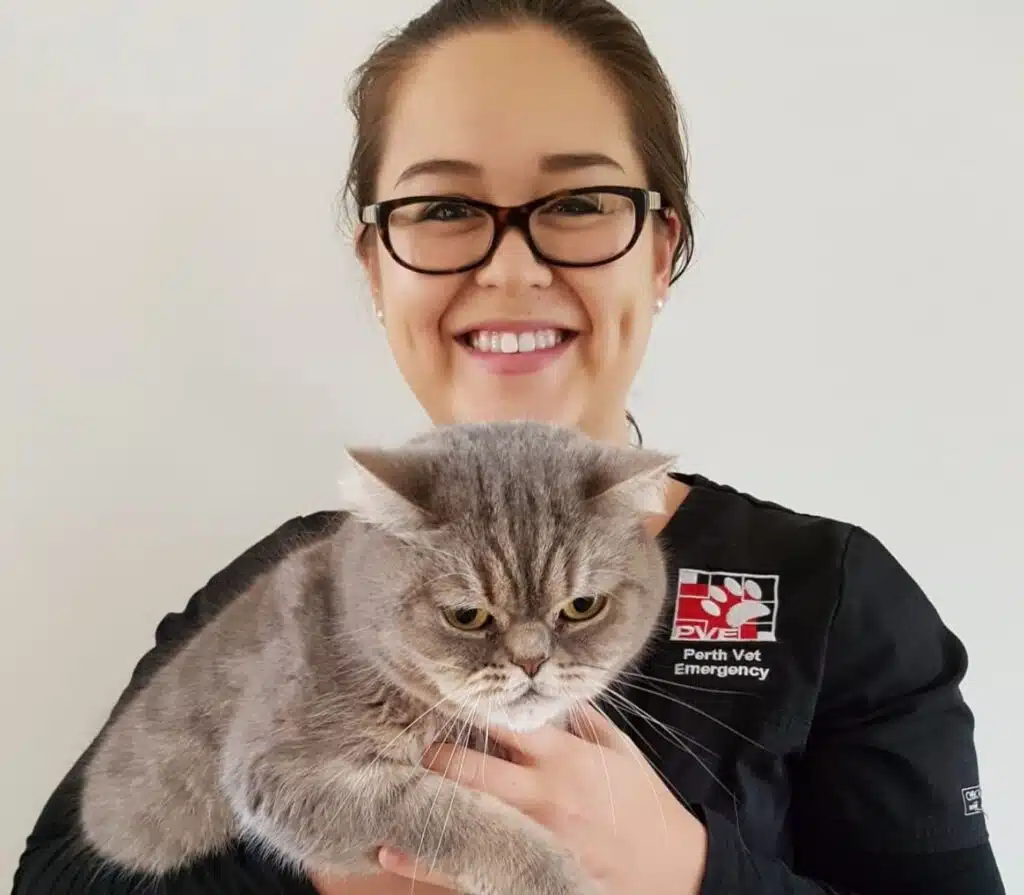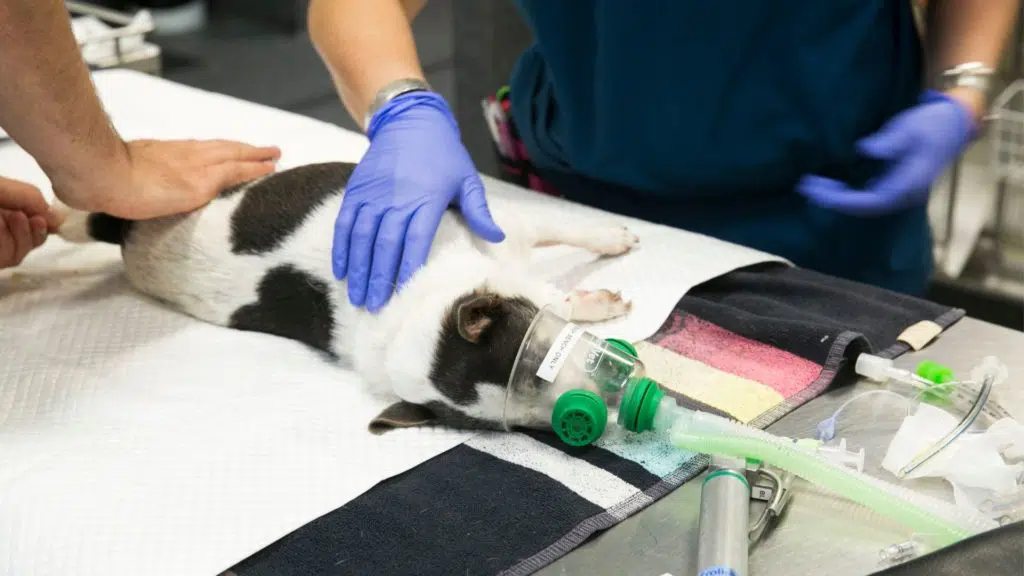Across the previous two articles on vet mentorship, we covered whether you are ready to do the work (as being a mentee is not easy going), and then clarifying what it is that you are after and the type of mentor you are looking for. In this article, we follow on with the critical stage of approaching your possible mentor in the right way with the most effective approach.
Before You Ask for Vet Mentorship
Like any relationship, don’t just go in cold turkey and ask them to be your mentor. Get to know them first and establish a genuine relationship – spend some time getting to know them first. Get out of the clinic and ask them for an informal chat over coffee. While chatting over a coffee is a great way for you to get an impression, treat it as a two-way interview.
Before asking them to be your mentor, consider the following questions:
- Did you feel a sense of connection between the two of you?
- Were they interested in you and what you were up to?
- Did they ask you questions that made you think or stretch your current thoughts?
- When they talked, did they share their own experiences for your benefit? Or did they seem to be bragging about their own accomplishments?
This important step isn’t just about getting to know them, it’s an opportunity to assess their communication style, ability to mentor, and whether or not you connect with them. You can also ask to meet them again before formally asking them.
Mastering Asking for Vet Mentorship
Let’s just say you feel that they are the right person. How do you ask?
Firstly, start with asking them to be your mentor in a specific area. Something similar to “I can see you’re a great team leader and I’m stepping into a managing role for the first time. Are you open to working with me over the next year to become a great team leader? To act as my mentor?”
Then if they are open to it, articulate what that looks like to you and ask for their feedback. Look back at our previous article on setting clear goals for this information. It is best to be on the same page from the start than for there to be confusion about expectations and goals later on.
Congratulations, we’re almost there! We’ve now looked at whether you are truly prepared to be a mentee, what it is that you are after and the goals you have in mind, then how to approach a mentor and how to ask them appropriately. But what if it doesn’t work out? Find out how to handle these difficult situations in our next article and sign up for our 3-part mentorship series below for your tailored program.
Sign-up to our Mentoring Series
You will receive a three-part mentoring series, designed to help you select and approach a mentor.




